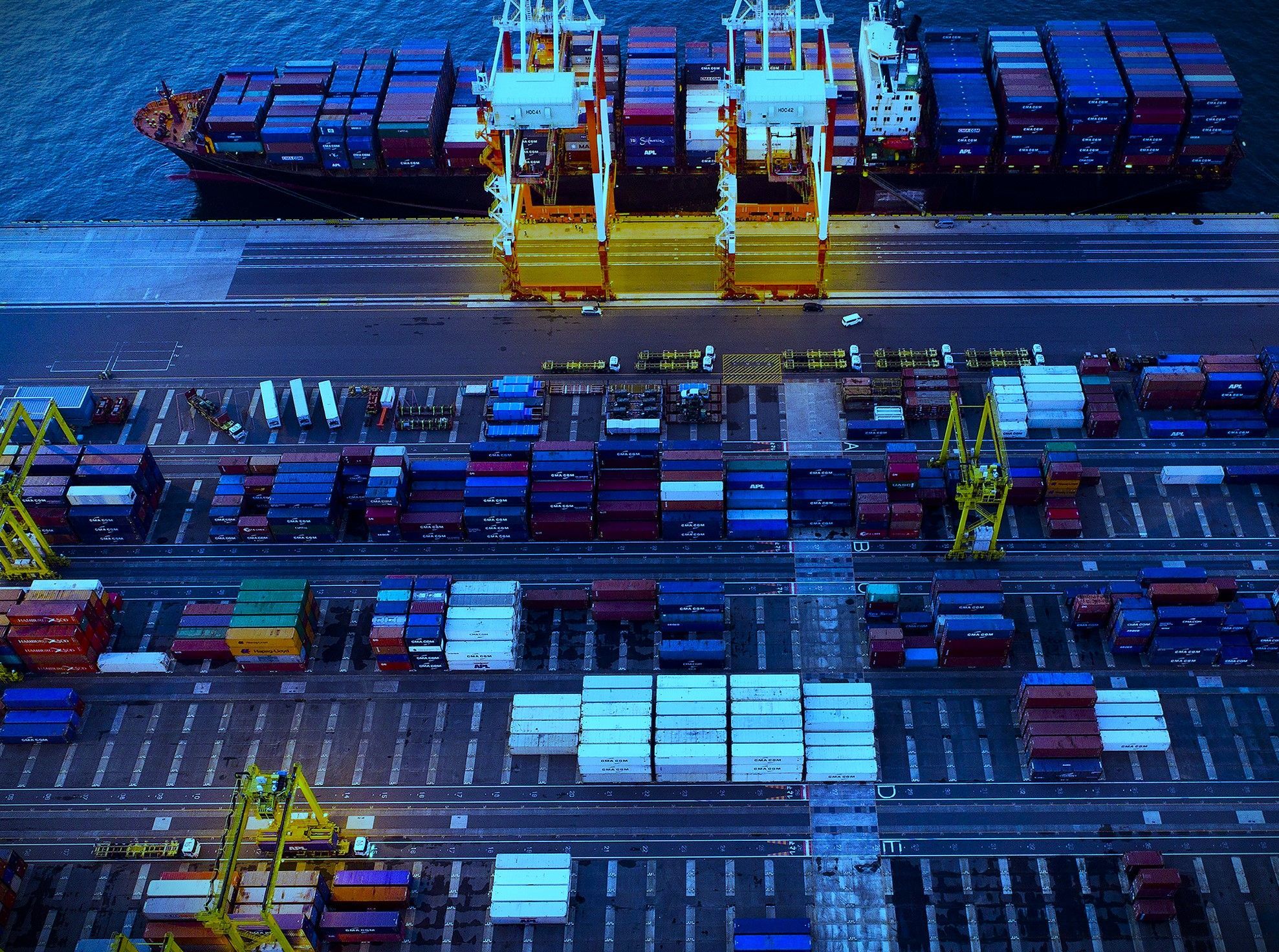
Following Russia's invasion of Ukraine, the United States, United Kingdom, and European Union responded with an unprecedented and dizzying array of economic sanctions and export controls directed against the Russia government as well as many Russian banks, operating companies, and individuals. During the intervening months, Western companies and asset managers have attempted to understand and to comply with the newly imposed restrictions.
However, as the pace of new sanctions and export controls has begun to slow, a new era may be beginning. Western governments' actions—along with public officials' statements—suggest that the United States, United Kingdom, and European Union will be increasingly focused on enforcing Russian sanctions and export controls.
U.S. Enforcement Initiatives
Senior Department of Justice (DOJ) officials have emphasized that sanctions enforcement will be a priority. Attorney General Merrick Garland wrote in March that the U.S. government would “leave no stone left unturned” when enforcing U.S. sanctions violations. In June, Deputy Attorney General Lisa Monaco elaborated on this warning, likening the DOJ’s dedication to sanctions enforcement to its previous focus on the Foreign Corrupt Practices Act (FCPA). Monaco explained that the DOJ has brought “a new level of intensity and commitment to sanctions enforcement,” such that sanctions enforcement is “the new FCPA.” She further noted that “sanctions should be at the forefront” of compliance for multinational companies and any other businesses with international supply chains.
The U.S. government has developed new initiatives dedicated to sanctions enforcement. In March, the U.S. launched Task Force KleptoCapture, an interagency law enforcement group based within the DOJ that is tasked with enforcing Russian sanctions and export controls. One of the group’s primary responsibilities is “investigating and prosecuting violations of new and future sanctions imposed in response to the Ukraine invasion, as well as sanctions imposed for prior instances of Russian aggression and corruption.” Historically, the DOJ has worked closely with the Office of Foreign Assets Control (OFAC) on sanctions-related investigations, which is responsible for administering most U.S. sanctions and enforcing civil violations of those programs.
Other U.S. government agencies have signaled they intend to take more aggressive approach to enforcement as well. In June, the U.S. Commerce Department’s Bureau of Industry and Security (BIS) announced changes to strengthen its enforcement capabilities, including by implementing higher financial penalties for significant Export Administration Regulations violations. In a memorandum detailing BIS’s new policy, Matthew Axelrod, the Assistant Secretary for Export Enforcement, explained that “[w]e will use all of our existing regulatory and statutory authorities to ensure that the most serious administrative violations trigger commensurately serious penalties.” In addition, BIS is eliminating a policy that previously enabled companies to enter settlements without admitting fault.
The coming investigations likely will affect companies and individuals inside and outside the United States. In fact, if past is prelude, then non-U.S. banks and non-U.S. operating companies may face an increased risk of being targeted by U.S. government investigations for violating U.S. sanctions and export controls. Indeed, during the past decade, many of the United States’ largest sanctions and export controls investigations have stemmed from non-U.S. financial institutions and operating companies violating U.S. law.
UK Enforcement Initiatives
The UK government has taken steps to increase sanctions enforcement as well. In March, the United Kingdom passed the Economic Crime (Transparency and Enforcement) Act 2022, which grants the Office of Sanctions Implementation (OFSI) new powers to levy civil penalties on a strict liability basis against parties that violate certain UK sanctions after June 15, 2022. Before the enactment of this legislation, individuals and entities only faced sanctions liability if they had actual knowledge or reasonable cause to suspect that their conduct would violate the UK sanctions. In addition, OFSI is now authorized to publicize financial sanctions breaches committed by parties that do not result in the imposition of monetary penalties. The UK government may bring criminal charges against sanctions violators as well, although a party must be found to act with scienter to incur criminal liability.
The UK government’s words and actions illustrate that it intends to take an aggressive enforcement approach with respect to persons who facilitate sanctions evasion. In July, the National Crime Agency (NCA), OFSI, and other government agencies published a “Red ALERT” that describes various sanctions evasion techniques utilized by designated parties and highlights conduct that could result in enablers to designated parties—including attorneys, financial advisors, estate agents, auction houses, and company directors—incurring liability. Following publication of the Red Alert, the NCA arrested multiple individuals who allegedly assisted Russian oligarchs in evading UK sanctions.
EU Enforcement Initiatives
The European Commission recently pushed for a requirement that EU member states implement domestic legislation that criminalizes violations of the Russia sanctions. In the European Union, sanctions are enacted by the European Commission but enforced by individual member states. However, not all member states have implemented domestic legislation criminalizing sanctions offenses, resulting in disparate approaches to enforcement within the European Union. In addition, the European Commission recently put forth a proposal that would allow for the confiscation of assets related to sanctions violations.
Public reports indicate that senior EU officials are considering developing a mechanism that would allow for pan-EU enforcement of sanctions violations. The European Commission purportedly is considering standing up an EU-wide sanctions authority, which EU Financial Services Commissioner Mairead McGuinness explained might resemble OFAC. Alternatively, the European Commission could seek to expand the authority of the proposed Anti-Money Laundering Authority (AMLA) to include oversight and enforcement of sanctions violations.
Multi-Jurisdictional Enforcement Actions
The U.S., UK, and EU demonstrated unprecedented levels of cooperation in crafting the Russian sanctions and export controls. Since February, the United States, United Kingdom, and European Union have worked closely to maintain alignment and consistency with respect to the newly imposed sanctions, which has resulted in these sanctions programs containing many similar prohibitions and restrictions.
Given the substantive overlap, financial institutions and companies could face multi-jurisdictional investigations for potential sanctions and export control violations stemming from a single transaction with a sanctioned counterparty. Multi-jurisdictional enforcement actions are notoriously complex, expensive, and time-consuming. These investigations also can result in parties incurring liability, paying fines, and facing other penalties in multiple jurisdictions.
In light of the collaboration in developing the sanctions programs, coordination among these actors is expected to continue with sanctions enforcement as well. The United States, United Kingdom, and certain EU member states already have begun to share information that may be used in enforcement actions. For example, the Russian Elites, Proxies, and Oligarchs (REPO) task force launched in March with representatives from the U.S., UK, and European Commission as well as Australia, Canada, Germany, Italy, France, and Japan. REPO is charged with information sharing as well as identifying and freezing sanctioned parties’ assets.
Conclusion
As the United States, United Kingdom, and European Union begin to shift their focus from developing new sanctions and export controls to enforcing existing Russian sanctions and export controls, parties may find themselves subject to increased scrutiny on both sides of the Atlantic. Companies can and should take proactive steps—such as adopting policies and procedures, delivering training sessions, and completing risk assessments—to ensure compliance with all applicable sanctions and export controls and to minimize their risk of facing investigations in the future.
Please direct any questions regarding these topics to Wilson Sonsini partners Mike Casey, Tarek Helou, Tim Broas, or another member of our national security practice or government investigations practice.
[1] This client alert was originally published as an article in The National Law Journal on September 6, 2022.
Contributors
- Privacy Policy
- Terms of Use
- Accessibility


